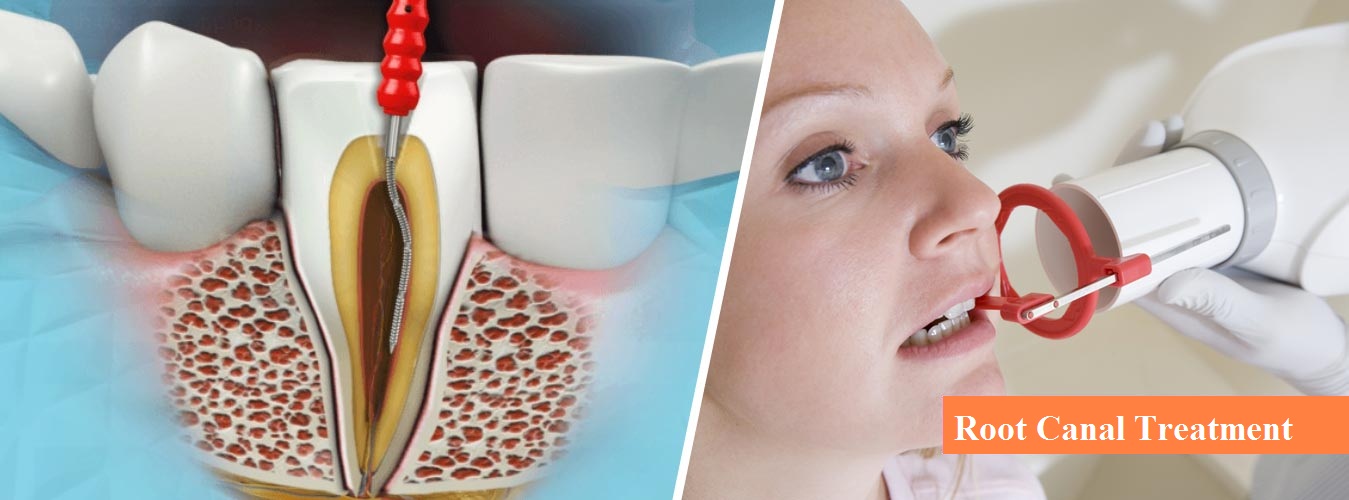
Root Canal Treatment
Save Your Teeth With Root Canals..
The root canal treatment has been given a bad reputation over the years, and many people assume that it is an undesirable thing to do. But, there are modern tools and technology that make it easier than ever to do root canals, and the results can save a tooth. At Prime Dental Care, we have the technology to make the root canal process as comfortable as possible.
There is a mystique surrounding Root Canal Treatments, and the reality is that they are not half as bad as people think. A Root Canal Treatment, (known as Endodontics) is a reflection of the modern dental commitment to save as many of your natural teeth as possible, rather than taking them all out like dentists used to do many years ago. Saving your tooth using a Root Canal Treatment means you keep that tooth in your gum and don’t have a big space in your teeth.
When are Root Canal Necessary?
If you have an infection in your tooth, then it is essential that you receive dental treatment as soon as possible. In some situations, it might be required to do a root canal treatment in order to remove the infection and protect your tooth.
Tooth decay and infection need to be removed from the tooth, because the infection can spread throughout the tooth. dentist carefully remove any decay that is present in order to protect your teeth. If the decay is deep and it affects the root of the tooth, then a root canal might be needed. The dentist will carefully remove the decay down through the root, and then seal it off to protect the inside of the tooth.
Whether you are experiencing dental pain or your dentist has made the recommendation to have a root canal, then it is important that you schedule the appointment right away. Some people try to ignore the pain and delay the appointment, which could lead to bigger dental problems in the future. If the infection spreads too much and treatment isn’t administered, then it is possible that you might lose the tooth.
Signs and Symptoms
- Significant constant pain specifically increased during night.
- Sensitivity upon hot and cold food.
- Pain on chewing.